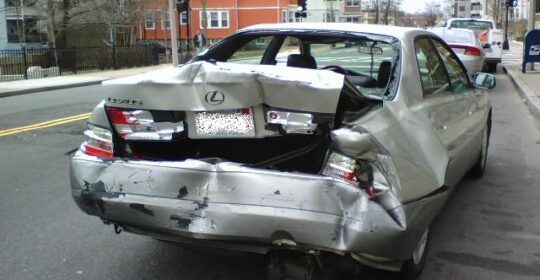
Durable medical equipment, prosthetics, orthotics and medical supplies (DMEPOS) are commonly used to assist in the rehabilitation of injured claimants. Depending on the nature and gravity of injuries, this type of equipment serves to restore patient strength and his or her daily standard of living. For claimants needing assistance with general mobility following a moderate to catastrophic injury, DMEPOS services are a frequently prescribed method of treatment by medical professionals.
Wheelchairs, crutches and canes are standard durable medical equipment (DME) items that may be recommended for effective rehab. In some cases, claimants may require the use of a more specialized piece of DME to assist with their rehab, such as a custom wheelchair. Customized DME, when utilized properly, may allow for a more expedient healing process. Whether dealing with standard or customized equipment, it is important to ensure the prescribed DMEPOS services are medically necessary and injury related. It is also imperative to make sure that the medical providers have used the correct classifications under the Healthcare Common Procedure Coding System (HCPCS).
This coding system is widely used yet represents the potential for unnecessarily increased costs due to the inherently complex nature of HCPCS procedure codes. For instance, DMEPOS providers may use multiple codes for a claimant’s wheelchair even though only a few codes should be used for all the equipment commonly included in the rental or purchase of a wheelchair. This use of more than one code for a single piece of equipment is referred to as “unbundling” and results in a larger payment to the DMEPOS provider, and therefore a higher cost to the insurance company.
Additionally, DMEPOS providers may utilize not-otherwise-classified (NOC) procedure codes. While some limited instances may require a NOC code, more often than not there is a proper HCPCS code that is available. This improper usage of NOC codes frequently results in unnecessarily high costs to the insurance company.
Fortunately, insurance companies can prevent excess costs like these within DMEPOS claims. Northwood offers its services to insurance companies as a third-party administrator (TPA) of claims. With more than two decades of experience, Northwood has developed proven systems to reduce unbundling and the use of NOC procedure codes within claims pertaining to claimant rehab. A pre-authorization process for all claims ensures that each prescribed piece of DME is injury related and further ensures that all non-injury-related payments are prevented from being disbursed to providers.
Rehab claims carry the potential for complexities that require extra administration time and increased costs. When an auto no-fault or workers’ compensation insurance company chooses to partner with Northwood, they can be assured that their claimants will receive the highest quality of rehab care. Furthermore, Northwood’s unique systems and proven processes benefit insurers by saving money and assuring that proper HCPCS codes are applied to DMEPOS services used for claimant rehabilitation.
Leave a reply →